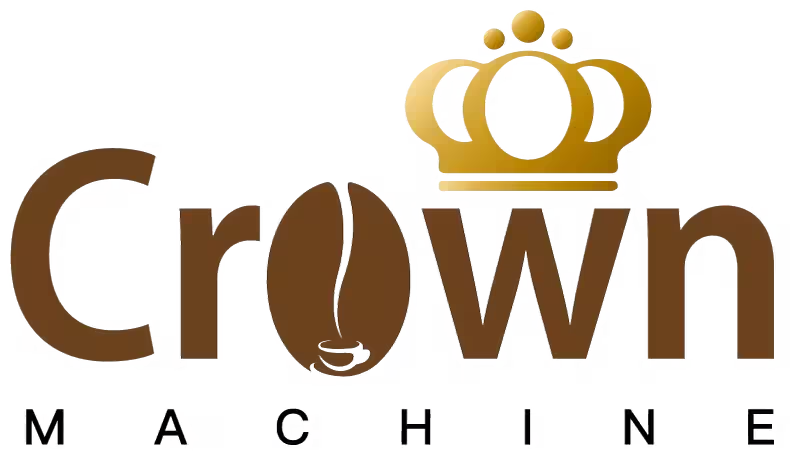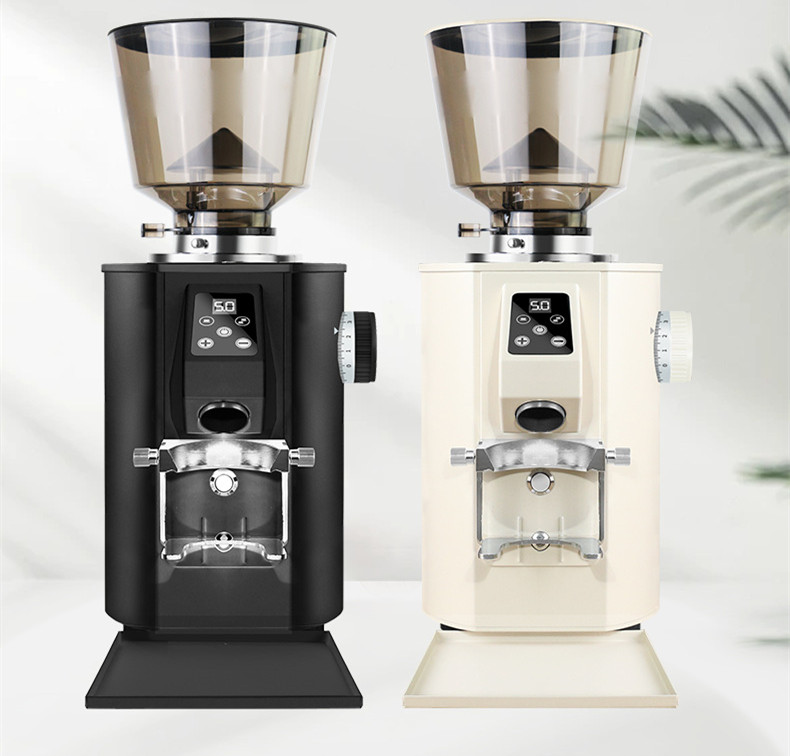There is a close relationship between the power of an electric coffee grinder and its grinding efficiency. Generally speaking, the greater the power of an electric coffee grinder, the higher its grinding efficiency tends to be.
The influence of power on grinding efficiency
High-power motors: High-power motors can provide faster rotational speeds and stronger torque, enabling coffee beans to be crushed and ground more quickly and thoroughly. This means that within the same period of time, a high-power electric coffee grinder can grind more coffee grounds, thereby enhancing the grinding efficiency.
Low-power motors: In contrast, low-power motors rotate at a slower speed and have a smaller torque, which may affect the speed and effect of grinding coffee beans. Although low-power electric coffee grinders can also complete grinding tasks, when dealing with large quantities of coffee beans or requiring rapid grinding, their efficiency may not be as good as that of high-power models.
Other influencing factors of grinding efficiency
Cutter head design: The design of the cutter head also has a significant impact on grinding efficiency. Knives of different shapes and materials will produce different effects and efficiencies when grinding coffee beans. For instance, there are differences between conical knives and flat knives in terms of grinding particle size and uniformity, which affects the taste and extraction effect of coffee.
Grinding fineness: Grinding fineness is also one of the factors affecting grinding efficiency. Coarser grinding setups usually require less energy and time, while finer grinding setups need more energy and time. Therefore, when adjusting the fineness of grinding, the impact on grinding efficiency also needs to be considered.
The hardness and moisture of coffee beans: The hardness and moisture of coffee beans also affect the grinding efficiency. Harder coffee beans require more energy to grind, while wetter coffee beans may cause the grinder to clog or affect the grinding effect.
Power selection for household and commercial grinding machines
For household electric coffee grinders, a motor with a power of 50 to 300 watts is generally sufficient to meet daily needs. Motors within this power range can provide a stable rotational speed and appropriate torque, allowing coffee beans to be fully ground without overly destroying the aroma of the coffee.
Commercial coffee grinders: For commercial electric coffee grinders, as they need to meet the demand for large-scale coffee production, higher-power motors may be required. The specific power size depends on factors such as the model, capacity and usage frequency of the grinding machine. Commercial grinding machines are usually equipped with more powerful motors and more efficient cutter heads to cope with high-intensity usage scenarios.
Summary
The power of an electric coffee grinder is closely related to the grinding efficiency. When choosing an electric coffee grinder, it is necessary to select the appropriate motor power based on actual needs. For household users, a motor with a power of 50 to 300 watts is generally sufficient. For commercial users, it is necessary to select the appropriate motor power and model based on specific circumstances. At the same time, it is also necessary to pay attention to the influence of factors such as the design of the cutter head, the fineness of grinding, as well as the hardness and moisture content of the coffee beans on the grinding efficiency.


